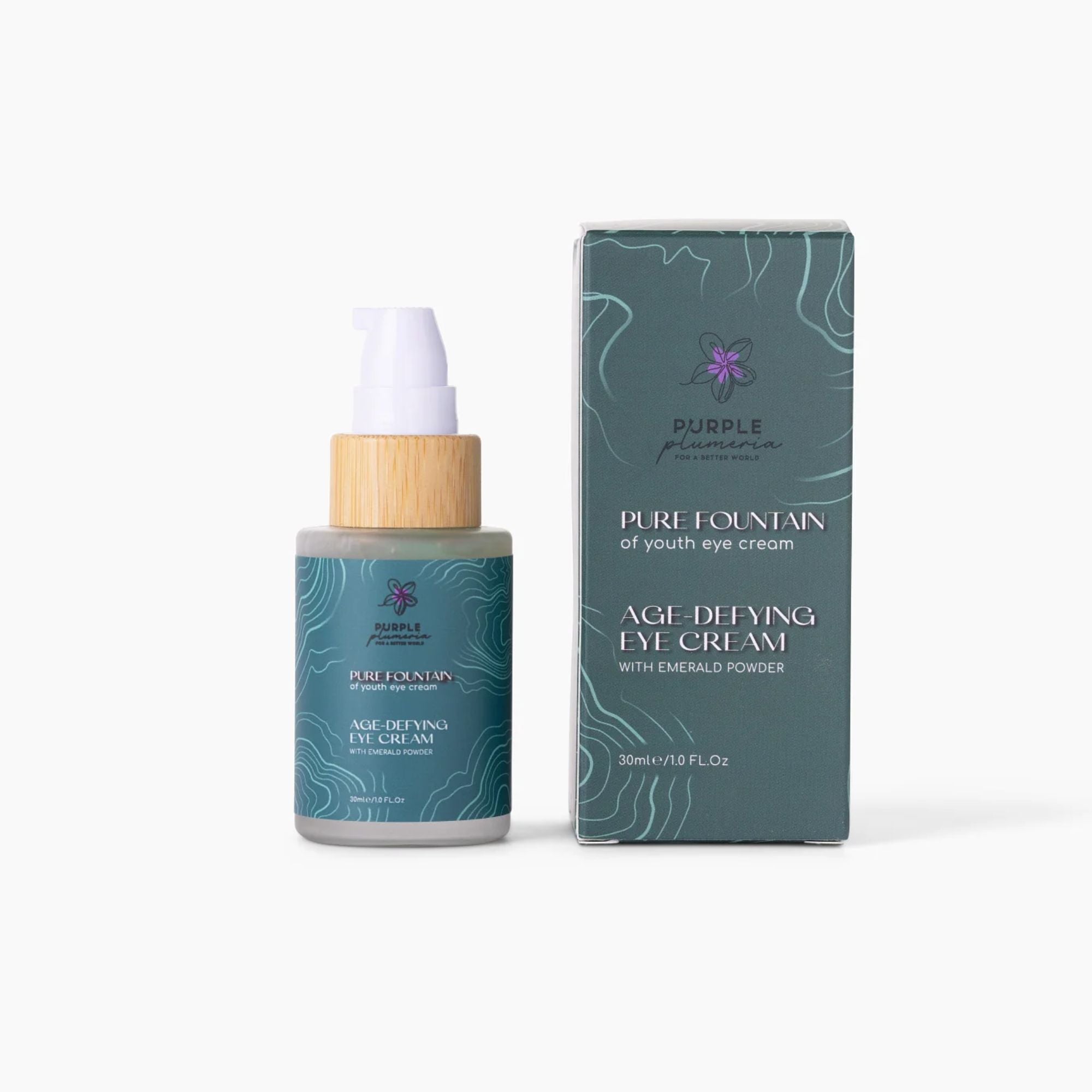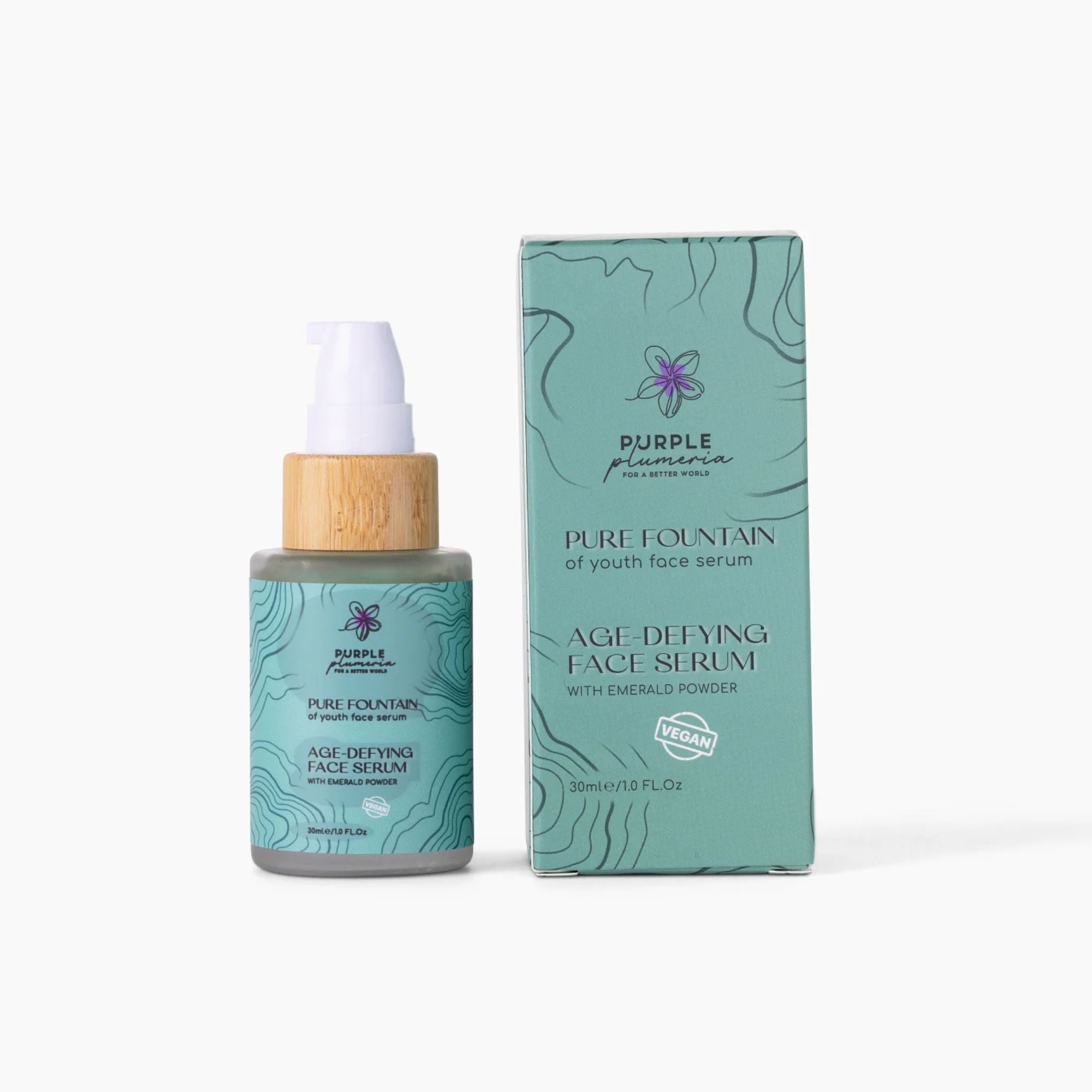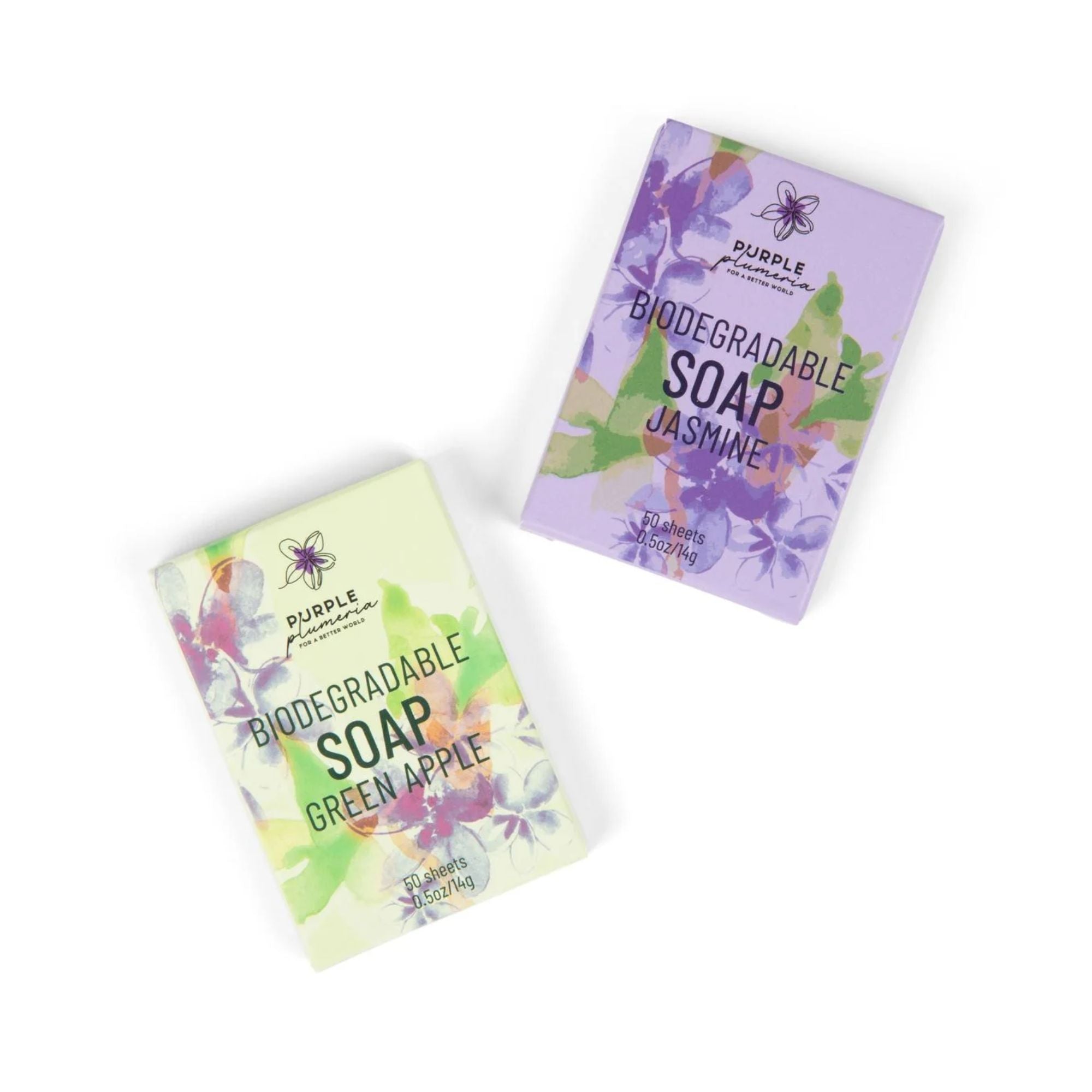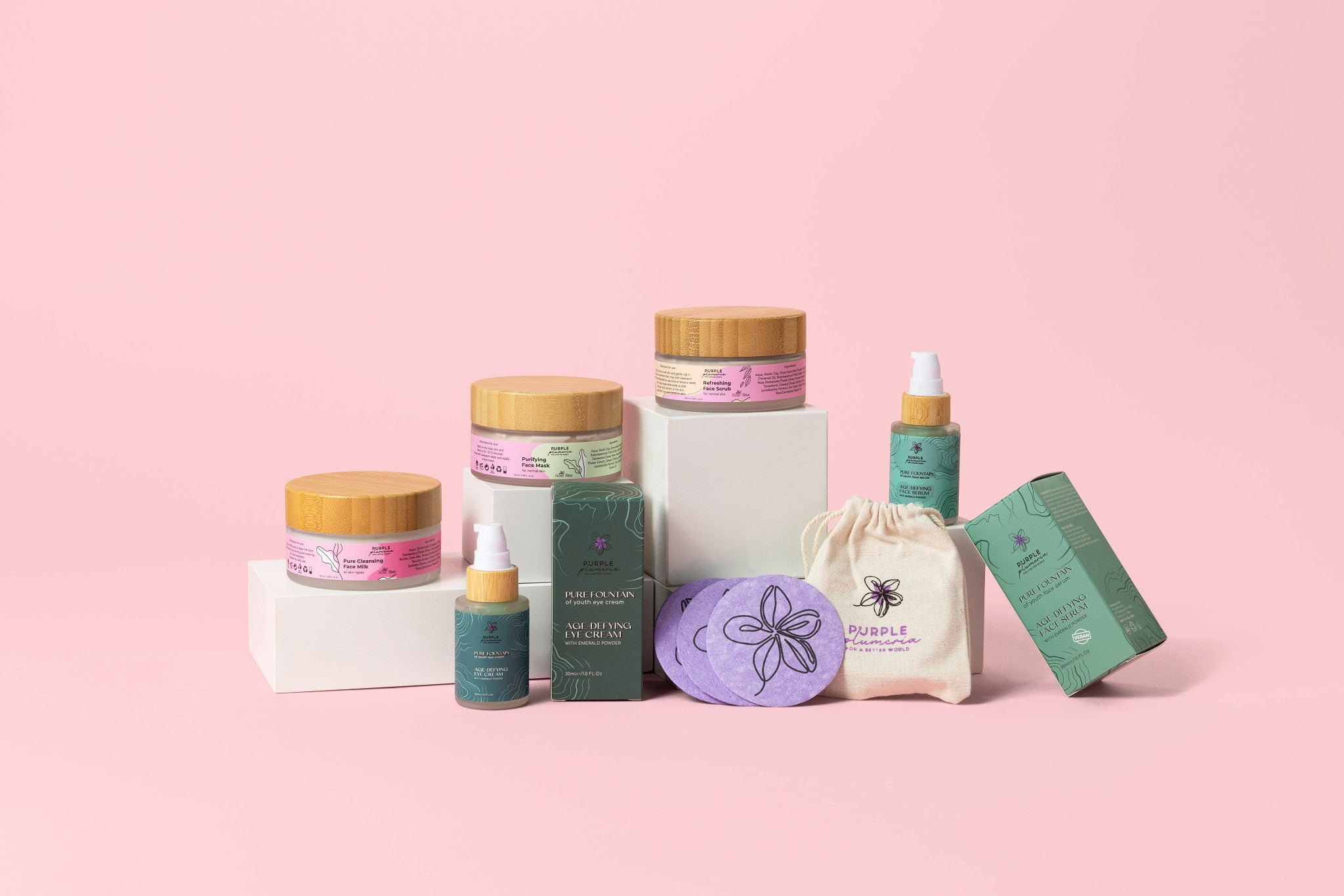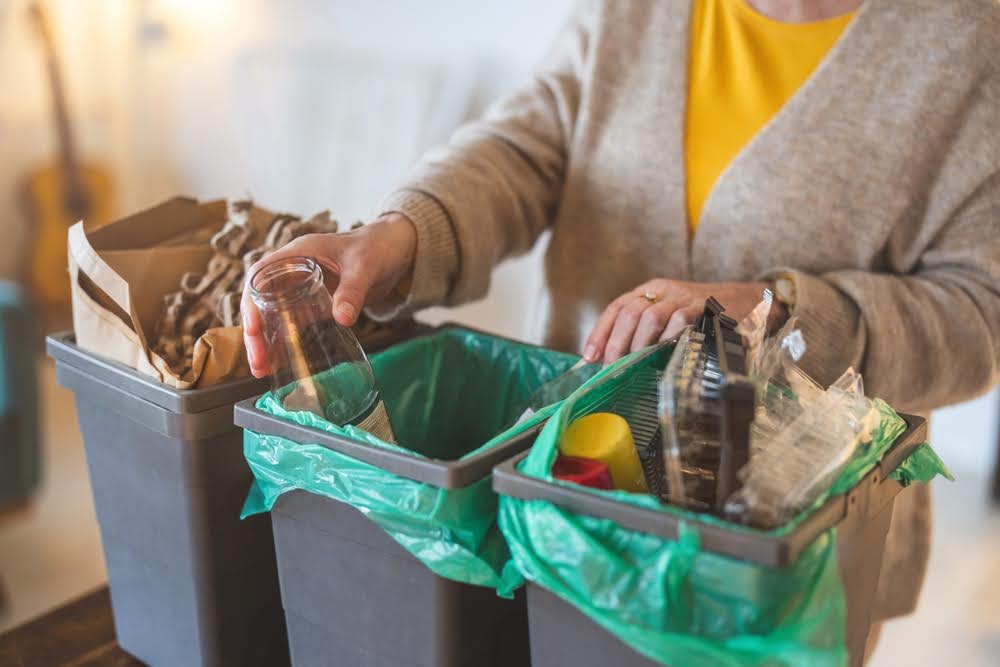Let’s be honest—sustainability doesn’t have to be complicated. You don’t need to live off-grid or fit a year’s worth of trash into a mason jar.
Shifting to a low-waste lifestyle is more about rethinking the small things you already do every day. When you start simple and build from there, it becomes a natural part of your routine. That’s where real impact happens.
If you’ve been looking for realistic zero-waste lifestyle tips that actually work, you’re in the right place.
Start with What You Already Own
Before rushing to buy bamboo toothbrushes or metal straws, pause. The most sustainable item is the one you already have.
Whether it’s your plastic food containers, half-used shampoo bottles, or that slightly dented water bottle in the back of your cabinet—use it all up. Tossing perfectly good items in the name of “going zero-waste” misses the point entirely.
So, the first step is simple: don’t buy anything new. Evaluate what you have. Use it completely. Then, when the time comes to replace it, choose a reusable or low-waste option.
Simplify Daily Habits First
We’re all creatures of habit, which is why the best changes happen in the rhythm of everyday life. Think about what you do each morning. Maybe you stop for coffee or grab a snack on the go.
Instead of reaching for disposable options, keep a reusable mug or food container in your bag.
Start small—one change at a time. Swap paper napkins for cloth ones. Carry your own shopping bags. Refill your water bottle instead of buying new ones. These aren’t huge changes, but they add up fast.
One of the most powerful zero-waste lifestyle tips is this: don’t chase perfection. Pick one area—your morning routine, your lunch habits, your grocery trips—and find just one thing to shift. Keep doing that, and soon your entire lifestyle will look completely different.
Rethink Food and Groceries
Our kitchens are a massive source of waste, but they also hold a lot of potential for change.
Skip the packaged produce and buy fresh, loose items when possible. Bring your own bags. Opt for items in glass or bulk rather than plastic packaging. Use eco-friendly kitchen items, such as cling wrap, compostable trash bags, and plastic-free dish sponges.
You can even take it a step further by saving veggie scraps for broth or learning to love leftovers. Composting may sound intimidating, but there are easy beginner methods that don’t require special bins or backyards.
Focus on One Waste Category at a Time
Trying to go zero-waste all at once is like trying to declutter your entire house in one day—it’s overwhelming and unrealistic.
Instead, pick one type of waste and tackle it head-on. Maybe it’s paper towels. Or beauty product packaging. Or the takeout containers that pile up on busy weeks.
Start tracking what you throw away the most. Then look for one swap or one routine shift that can help reduce it. This could be as easy as switching to reusable cotton rounds or carrying your own utensils.
Over time, your awareness grows, and each new habit builds on the last. You’ll not only reduce waste, but you’ll also understand your relationship with consumption on a much deeper level.
Share More, Buy Less
Living low-waste isn’t about going without—it’s about rethinking how we access what we need.
That’s where community comes in. Tool libraries, buy-nothing groups, and secondhand swaps are fantastic ways to reduce waste while connecting with others.
Need a blender for one recipe? Borrow it. Got a pile of clothes you don’t wear? Organize a swap. You’ll be amazed how often the things you think you “need” already exist within your circle.
And sharing feels good—it’s a quiet form of resistance against overconsumption.
So many zero-waste lifestyle tips revolve around individual change, but collective action is just as powerful. Lean into it.
Don’t Overlook Digital Waste
We tend to focus on physical waste—packaging, plastic, clutter—but digital waste deserves attention too. Cluttered inboxes, unused apps, and devices we replace too often contribute to energy use and e-waste.
Take a few minutes to unsubscribe from emails you don’t read. Clean up your files. And next time you’re tempted to upgrade your phone or laptop, ask if you really need to—or if a repair could give it new life.
Digital minimalism is another layer of conscious living, and it's easier than you think.
Progress Beats Perfection
Let’s clear this up: you don’t need to be perfectly zero-waste to make a difference. Every single low-waste habit you adopt matters. Whether you’re using cloth napkins, composting coffee grounds, or refusing a plastic straw, it’s all part of the same movement.
There will be moments when you forget your tote bag or get handed something disposable without a choice. That’s okay. The goal isn’t to beat yourself up—it’s to keep showing up. Over time, the wins far outweigh the slip-ups.
So if you’re feeling unsure about how to start a zero waste lifestyle, just begin. Right where you are, with what you have. You’re already doing more than you think.
When Simplicity Leads to Impact
The most powerful shifts come from the simplest habits. By slowing down, questioning more, and making conscious choices, you build a lifestyle that’s lighter on the planet—and often, more fulfilling too.
You’ll feel more connected to the things you own, the food you eat, and the choices you make every day.
Small changes, big impact—that’s the heartbeat of sustainable living.
Let these zero-waste lifestyle tips be your starting point. And remember, it’s not about fitting into someone else’s version of zero-waste. It’s about creating one that works for you—and sticking with it.
Ready to Support Your Zero-Waste Journey?
At Purple Plumeria, we’re here to make sustainable living beautiful, simple, and accessible. Whether you’re looking for eco-friendly beauty products, compostable kitchen items, or plastic-free gifts, our collections are curated with purpose and love.
Explore our zero-waste essentials and take your next step toward a cleaner, more conscious lifestyle.
